The death of Iranian President Ebrahim Raisi in a helicopter crash is a significant loss for the country, especially amid a domestic legitimacy crisis and Tehran’s strained relationship with Israel, according to analysts.
Raisi, along with the country’s foreign minister and several other officials, was found dead after their helicopter crashed in a foggy, mountainous region in the northwest, state media reported.
Sanam Vakil, director of the North Africa and Middle East Programme at Chatham House, noted that the political establishment will likely “put on a brave face” and continue to function as usual, presenting the situation as normal.
Supreme Leader Ayatollah Ali Khamenei announced that Iran’s first vice president, Mohammad Mokhber, will serve as acting president until elections are held. According to the Iranian constitution, the vice president assumes the presidency with Khamenei’s assent, and a new election must be called within 50 days.
Vakil suggested that the establishment will support a candidate who can “maintain ideological legitimacy and protect the system.” She also mentioned the possibility of “protests or instability in Iran,” given the country’s history of mass protests, including those sparked by the 2022 death of Mahsa Amini.
Raisi won the 2021 presidential election, which had the lowest turnout in the Islamic Republic’s history. His death comes as the Middle East is unsettled by the Israel-Hamas war, during which Raisi recently launched a significant drone-and-missile attack on Israel.

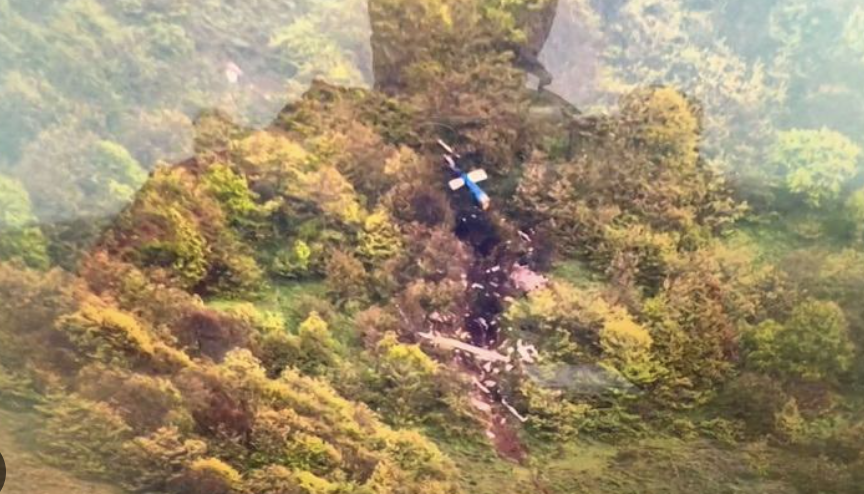
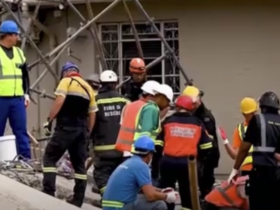




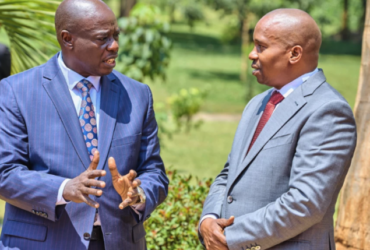

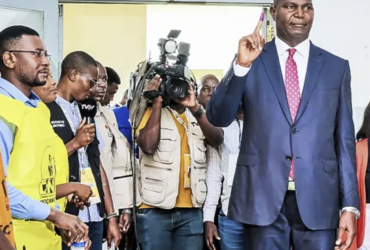
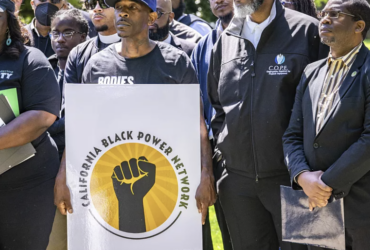

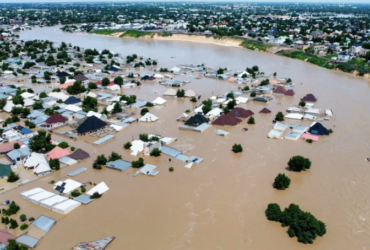
Got a Questions?
Find us on Socials or Contact us and we’ll get back to you as soon as possible.